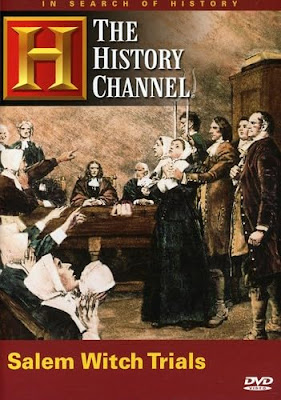“When I was a boy, there was but one permanent ambition among my comrades in our village [Hannibal, Missouri] on the west bank of the Mississippi River. That was, to be a steamboatman. We had transient ambitions of other sorts, but they were only transient. When a circus came and went, it left us all burning to become clowns … now and then we had a hope that if we lived and were good, God would permit us to be pirates.”
Those pirate movies that you watched as a kid … probably took place during this period
In 2003, Disney released the first installment in their “Pirates of the Caribbean” film franchise. The film must have seemed a little risky, because there had not been a popular pirate movie for some years by that point. But, to everyone’s surprise, the film franchise did quite well at the box office, and in the later home movie sales as well. Other pirate movies (such as “Treasure Island”) have likewise captured the public imagination. As “Peter Pan” reminds us, pirates are a popular subject, especially with children. In “Life on the Mississippi,” Mark Twain once said that “we had a hope that if we lived and were good, God would permit us to be pirates” (as cited above). Obviously, the reality of piracy is a little less romantic, since pirates tended to be as violent and bloodthirsty as they’re usually portrayed to be. But, in some ways, the reality may be just as interesting as its depiction in these great movies. Today, I’d like to examine the role of piracy, during the aptly-named “Golden Age of Piracy.” This was the period when piracy became a significant factor in both the North Atlantic and the Indian Ocean. I should clarify that the term “Golden Age” is not meant to “approve” of the brazen theft that this piracy inherently involves. But, from the pirates’ point of view, it was indeed a “Golden Age,” where the world’s maritime trade was relatively vulnerable to their attacks. I will focus primarily on how it affected some of the major international wars of the period, particularly on the high seas. Indeed, it seems hard to discuss either the piracy or the wars in total isolation from each other. Specifically, I will start by talking about the three main Anglo-Dutch Wars, which were mostly at sea. Then I will focus on the naval parts of three other great European conflicts. These are (in order): the Nine Years’ War, the War of the Spanish Succession, and the War of the Austrian Succession. These three conflicts, along with four others that soon followed them, would eventually be grouped together into the broader term of “Second” Hundred Years’ War. Piracy and privateering played a major role, in the early parts of this much-larger conflict.
Spanish Men-of-War Engaging Barbary Corsairs, 1615






















